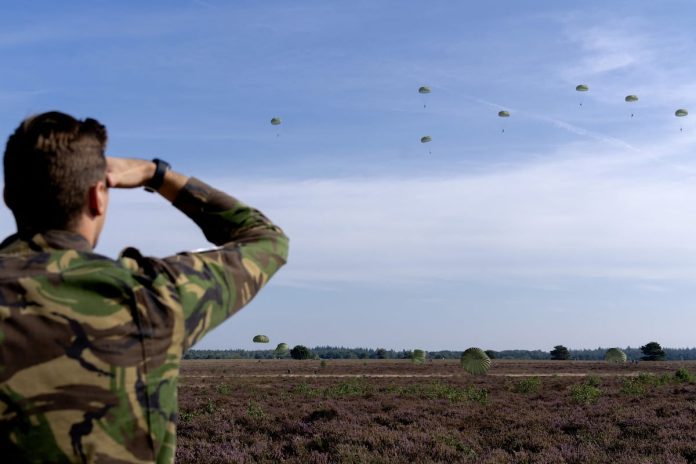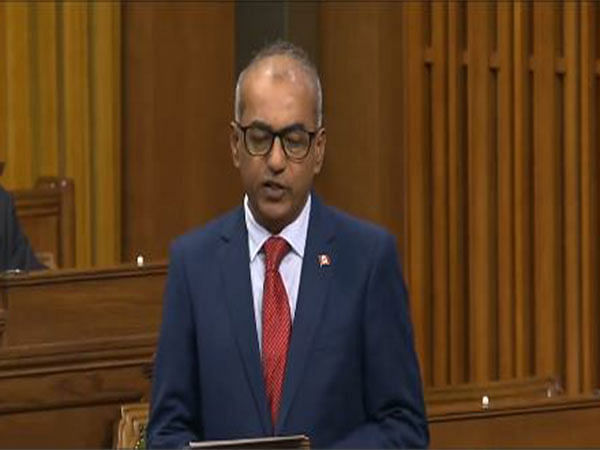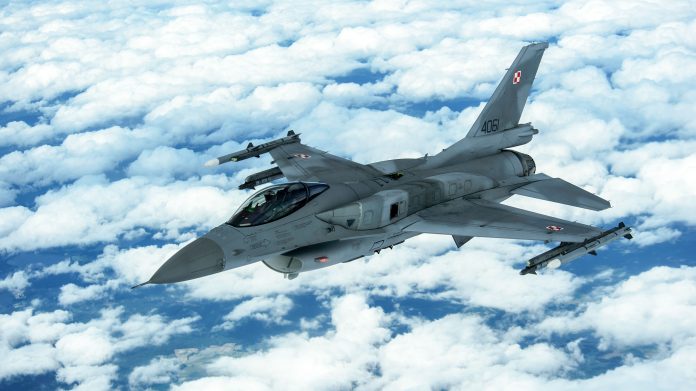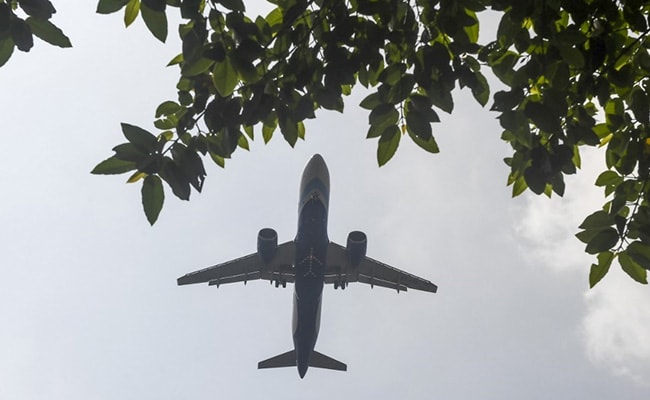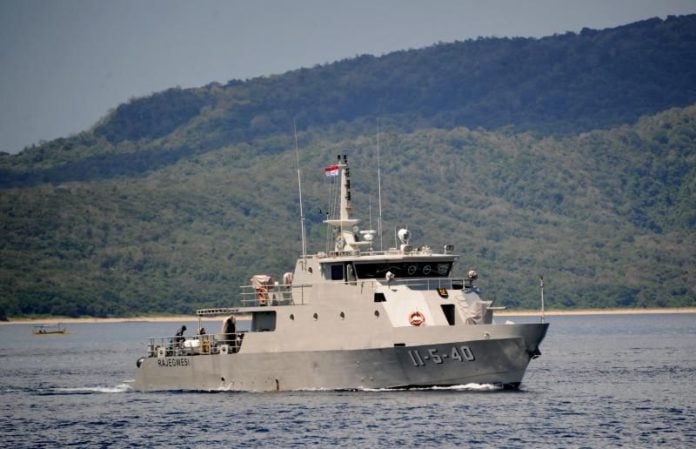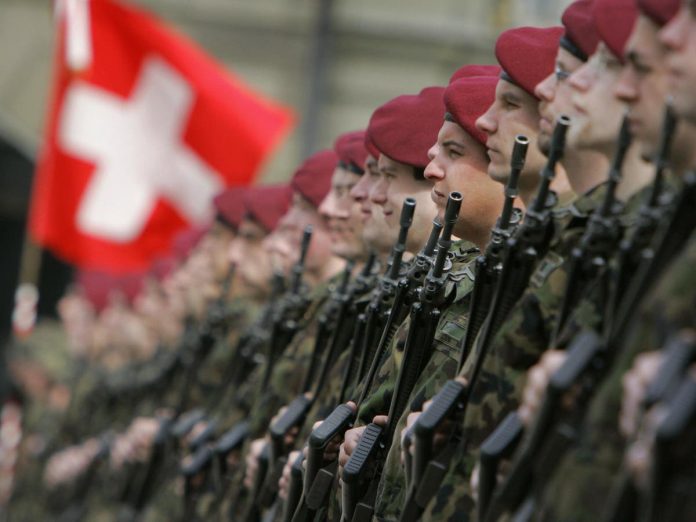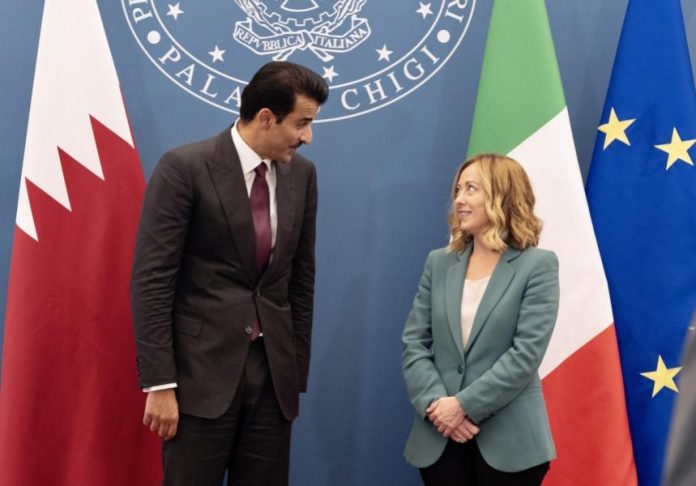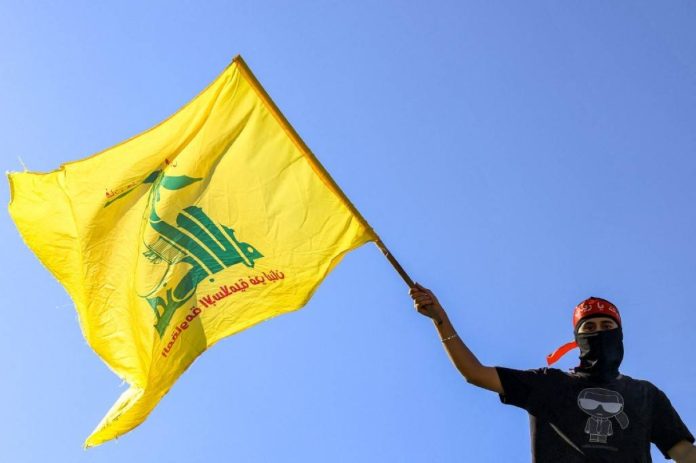Netherlands Faces Tough Choices in Balancing Military Readiness and Environmental Concerns
PARIS — As tensions rise across Europe, the Royal Netherlands Army is seeking to enhance its military readiness in the face of renewed threats, particularly along NATO’s eastern flank. However, environmental regulations are proving to be significant obstacles, complicating the armed forces’ plans to expand training programs and utilize land for defense activities.
The Dutch military is grappling with a myriad of limitations; for instance, the Army’s desire to conduct live training exercises, such as trench digging, is constrained by strict environmental codes. Similarly, the Air Force aims to increase the operational frequency of its F-35 fighter jets but faces flight restrictions due to the country’s dense population and proximity to residential areas.
This tension between military needs and civilian priorities is not unique to the Netherlands but reflects a broader challenge facing many European nations where densely populated areas conflict with the requirements of military training and readiness. The Dutch military, having recently undergone a period of expansion after years of budget cuts, is aiming to rejuvenate capabilities that were curtailed during the Cold War. However, the repurposing of former military land for civilian use has left the country with limited space for essential training.
The Dutch government is actively promoting its “Room for Defense” initiative, which seeks to identify locations for new military facilities, including corridors for cargo drones and areas designated for urban combat training. In an effort to address public concerns, Dutch State Secretary for Defence Gijs Tuinman has emphasized the need for dialogue, holding numerous informational sessions across the country.
Despite demonstrable public support for strengthening military capabilities, a disconnect remains when defense activities threaten to disrupt local communities. Citizens express a willingness to support the military but are often against the potential disturbances, such as increased air traffic from jets or low-flying helicopters.
Among the primary concerns raised by the public are the implications of low-flying flights on local businesses and residential quality of life. Farmers and nature conservationists worry that military training exercises could inflict further pressure on vulnerable ecosystems, with groups like Natuurmonumenten strongly opposing plans to conduct military drills in protected natural areas.
Amid this balancing act, experts, including Dick Zandee of the Clingendael Institute, stress the urgency of addressing the military’s growing operational needs post-Ukraine invasion. The Dutch military aims to increase its defense budget significantly, with an eye toward namely enhancing its capabilities.
Moreover, training at home remains essential as logistics for overseas exercises become increasingly complex. The current infrastructure is insufficient for larger-scale drills that the NATO alliance demands. Thus, the Dutch military’s ability to engage in joint exercises with allies could suffer unless more training areas are identified.
With discussions ongoing and various stakeholders weighing in, the government will soon make crucial decisions regarding the future of military training in the Netherlands, attempting to find a compromise that includes environmental preservation while ensuring national security needs are met.
As the country navigates this complex landscape, Tuinman insists on the importance of societal engagement and acknowledges the inevitable societal trade-offs involved, asserting, “Defending freedom and security means society must step up.”

